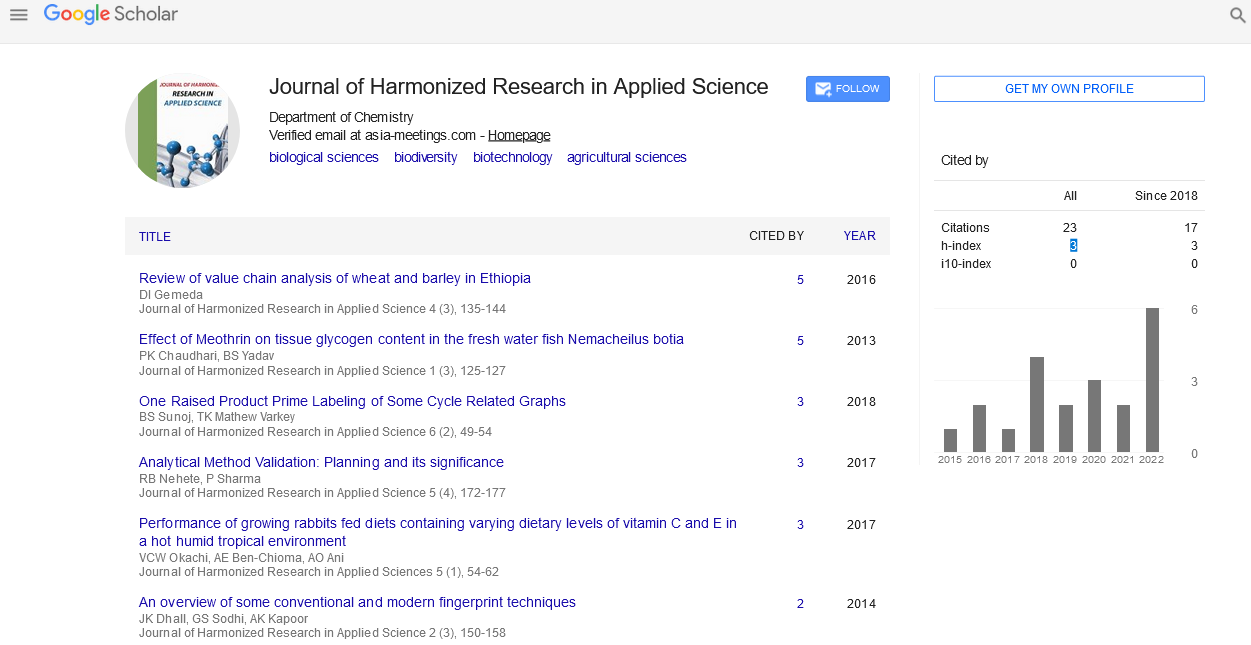HANDLING AND STORAGE PRACTICES OF FOOD COMMODITIES RETAILERS AT OPEN MARKETS IN GHANA
Abstract
Author(s): Dr. Augusta Adjei Frempong
The handling and storage of food commodities at the open markets quite often pose challenges to consumers because that is the only or primary source of purchasing foods from retailers. This paper is based on investigations into food selling practices in Ghana at three open markets (Accra, Cape Coast, and Kumasi) to assess the challenges faced by retailers in the handling and storage of their wares. The research used observation and interviews to investigate food handling and storage practices. In all, food commodity retailers (n= 45) were observed and interviewed from February to July, 2014. The major findings highlighted lack of proper storage facilities as the basic challenge faced by the women involved in the sale of food commodities. While the women who sold protein foods had limited space in deep freezers for storing their items, vegetables and fruits were stored in baskets, sacks and cupboards. Strategizing Government and Private Organizations to find a lasting solution to the proper storage of food commodities by operating commercial cold/ chill room facilities for open markets in Ghana is important. Offering training support to both retailers and stakeholders in food handling practices as a means to prevent the outbreak of food borne diseases positions the concept for researchers and serves as the best practice that can be applied in West African countries. Key words: Food commodities, open market, food-borne diseases, retailers, consumers, food handling, food storage










